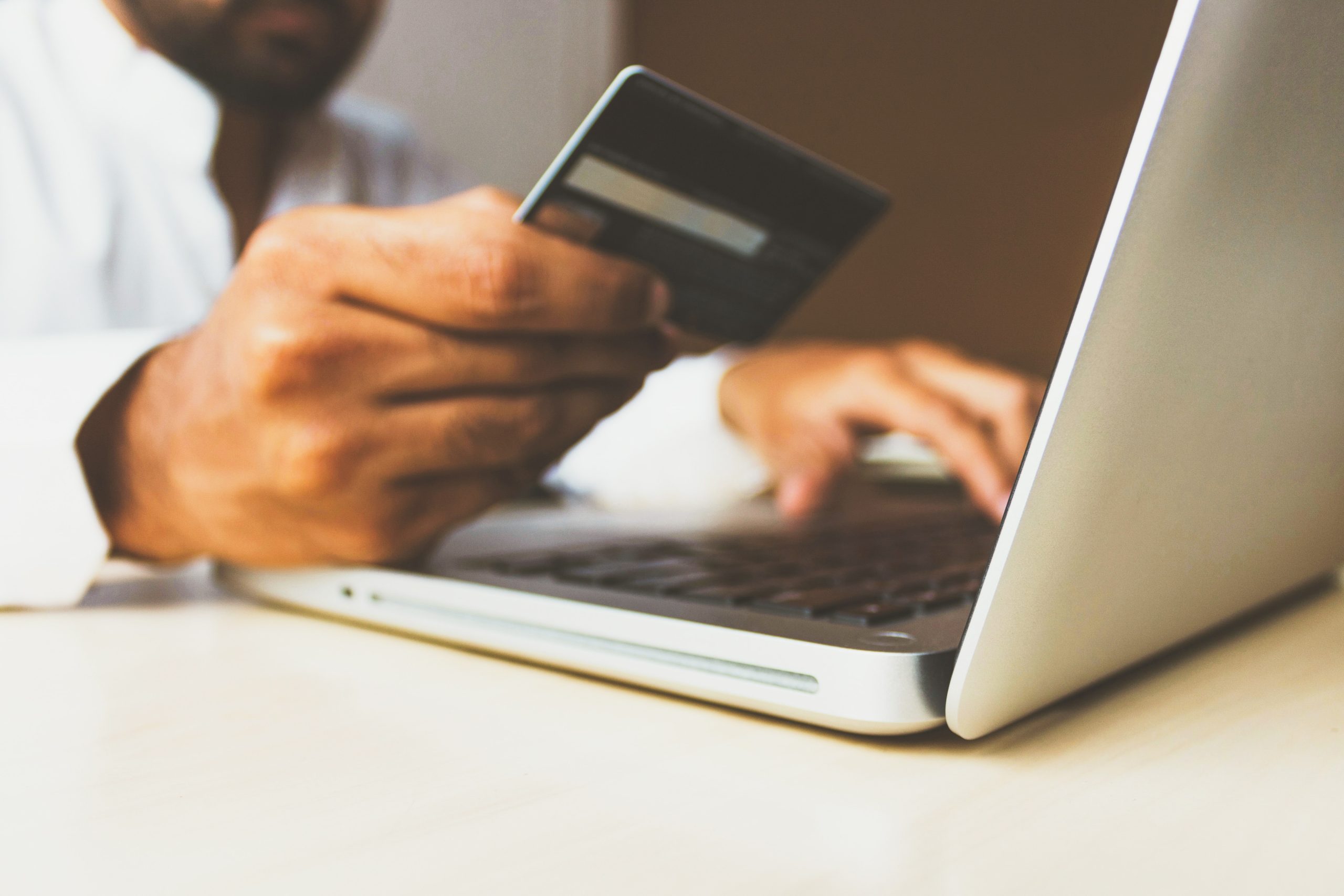Shopping online has become the norm for many people. It’s convenient, easy, and often cheaper than shopping in-store. But with the increase in online shopping comes an increase in risk. As more and more people turn to the internet to do their shopping, scammers and cybercriminals are waiting to take advantage of them. If you want to stay safe while shopping online, there are a few things you can do. In this blog post, we’ll go over some tips on how to shop safely online so that you can avoid being scammed or taken advantage of.
Protect your computer
In order to shop safely online, you need to take some basic precautions to protect your computer. Here are a few things to keep in mind:
-Keep your operating system and software up to date. Be sure to install all security updates as soon as they are available.
-Use a strong password for your online accounts. Avoid using easily guessed words or phrases, and use a different password for each account.
-Be cautious about email attachments and links. Don't open attachments from unknown senders, and be careful about clicking on links in emails.
-Avoid giving out personal information online unless you are absolutely sure that the website is legitimate and secure.
By following these simple tips, you can help protect your computer from being compromised by malicious software or hackers.
Use a secure connection
If you're shopping online, it's important to make sure you're doing so safely. One way to do this is to use a secure connection.
When you connect to a website, your browser checks to see if the connection is secure. You can tell if a connection is secure if the URL starts with "https://" and there is a lock icon next to it. This means that the connection between your browser and the website is encrypted and that your personal information is less likely to be intercepted by someone else.
If you're not using a secure connection, your personal information could be at risk. So when you're shopping online, be sure to use a secure connection to help keep your information safe.
Create strong passwords
When creating passwords for online shopping accounts, it is important to use strong passwords that cannot be easily guessed. A strong password should be at least eight characters long and include a mix of letters, numbers, and symbols. It is also important to avoid using easily guessed words like "password" or easily accessible personal information like your birthdate.
To further protect your online shopping accounts, you can enable two-factor authentication. This means that in addition to entering your password, you will also need to enter a code that is sent to your phone or email. This makes it much harder for someone to break into your account, even if they know your password.
Don't overshare personal information
When you're shopping online, it's important to be aware of the risks of sharing too much personal information. While it's convenient to be able to save your payment information and shipping address on a website, doing so can also leave you vulnerable to fraud if the site is hacked.
To protect yourself, only provide the minimum amount of information necessary when making a purchase. When creating an account on a shopping website, use a strong password and make sure to enable two-factor authentication if it's available.
If you're using a public Wi-Fi network to shop online, be aware that your personal information could be intercepted by someone else on the network. To stay safe, only enter your payment information on websites that are encrypted with SSL. You can usually tell if a site is encrypted if the URL starts with https://.
Watch out for phishing scams
When shopping online, it's important to be aware of phishing scams. These are fraudulent emails or websites that pose as a legitimate company in order to trick you into providing personal information, such as your credit card number or login credentials.
If you receive an email that looks like it's from a company you do business with but contains strange grammar or wording, beware. Don't click on any links in the email, and don't reply with any personal information. If you're unsure whether an email is legitimate, contact the company directly to inquire.
Similarly, be cautious of websites that look like they could be fake. If a website has poor grammar or design, or if the URL seems off, don't enter any sensitive information on the site. Again, if you're unsure whether a website is legitimate, contact the company directly to inquire.
By being aware of phishing scams and taking precautions, you can help protect yourself from identity theft and other fraud.
Keep your software up to date
In order to shop safely online, it is important to keep your software up to date. This includes your web browser, operating system, and any security software you have installed. Keeping your software up to date ensures that you have the latest security features and patches, which can help protect you from malicious attacks.
If you're not sure how to check for updates or install them, consult the documentation for your software or contact the manufacturer for assistance. It's also a good idea to set your software to automatically update whenever new versions are available. That way, you can be sure that you're always using the most secure version of the software.
Conclusion
With the increase in online shopping, it's important to know how to shop safely online. By following these simple tips, you can ensure that your personal and financial information stays safe when you're shopping online. Whether you're buying clothes, electronics, or anything else, always remember to check for a secure connection, never provide more information than necessary, and keep an eye out for scams. With a little bit of caution, you can enjoy the convenience of online shopping without worry.


